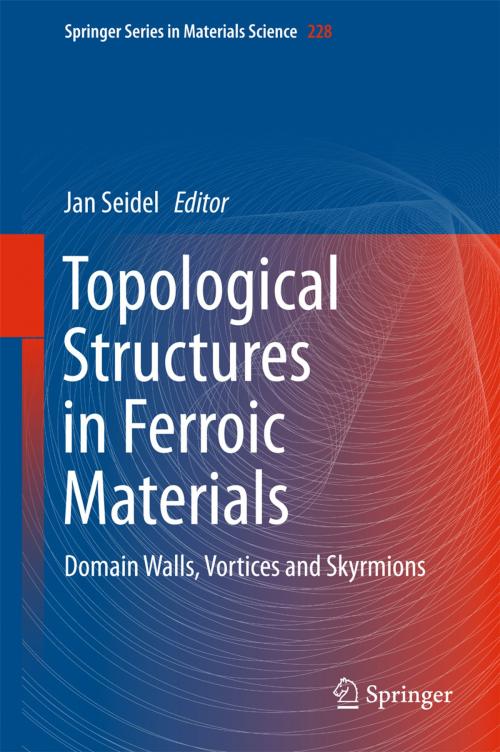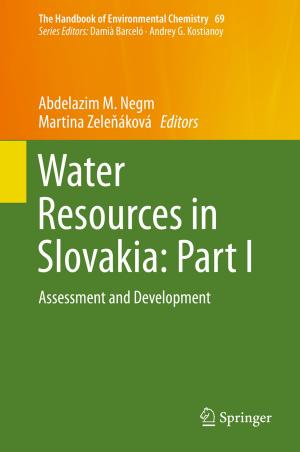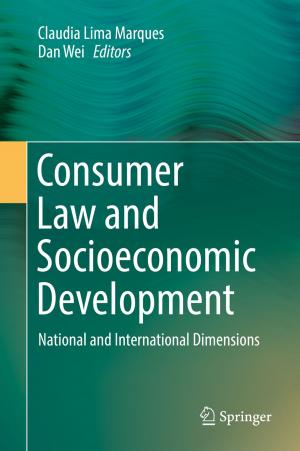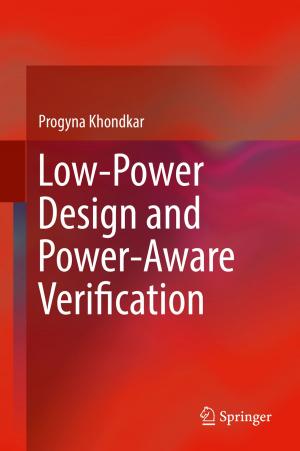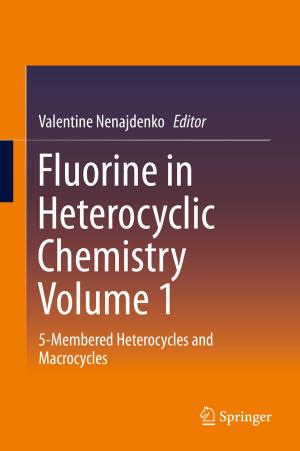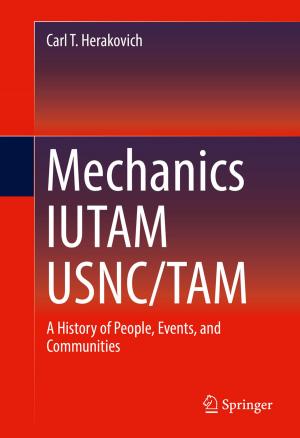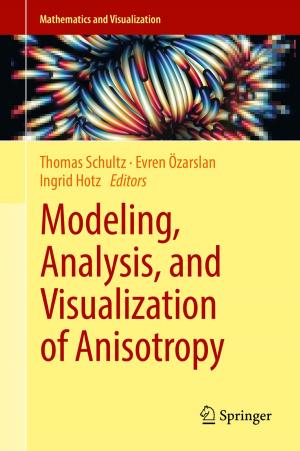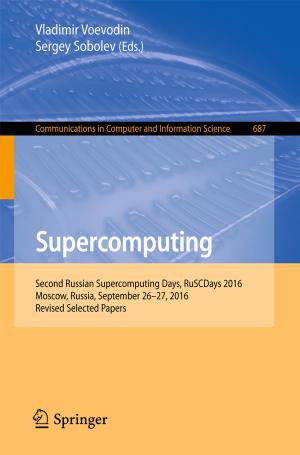Topological Structures in Ferroic Materials
Domain Walls, Vortices and Skyrmions
Nonfiction, Science & Nature, Science, Physics, Magnetism, Solid State Physics| Author: | ISBN: | 9783319253015 | |
| Publisher: | Springer International Publishing | Publication: | February 12, 2016 |
| Imprint: | Springer | Language: | English |
| Author: | |
| ISBN: | 9783319253015 |
| Publisher: | Springer International Publishing |
| Publication: | February 12, 2016 |
| Imprint: | Springer |
| Language: | English |
This book provides a state-of-the art overview of a highly interesting emerging research field in solid state physics/nanomaterials science, topological structures in ferroic materials. Topological structures in ferroic materials have received strongly increasing attention in the last few years. Such structures include domain walls, skyrmions and vortices, which can form in ferroelectric, magnetic, ferroelastic or multiferroic materials. These topological structures can have completely different properties from the bulk material they form in. They also can be controlled by external fields (electrical, magnetic, strain) or currents, which makes them interesting from a fundamental research point of view as well as for potential novel nanomaterials applications.
To provide a comprehensive overview, international leading researches in these fields contributed review-like chapters about their own work and the work of other researchers to provide a current view of this highly interesting topic.
This book provides a state-of-the art overview of a highly interesting emerging research field in solid state physics/nanomaterials science, topological structures in ferroic materials. Topological structures in ferroic materials have received strongly increasing attention in the last few years. Such structures include domain walls, skyrmions and vortices, which can form in ferroelectric, magnetic, ferroelastic or multiferroic materials. These topological structures can have completely different properties from the bulk material they form in. They also can be controlled by external fields (electrical, magnetic, strain) or currents, which makes them interesting from a fundamental research point of view as well as for potential novel nanomaterials applications.
To provide a comprehensive overview, international leading researches in these fields contributed review-like chapters about their own work and the work of other researchers to provide a current view of this highly interesting topic.
